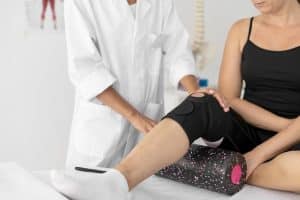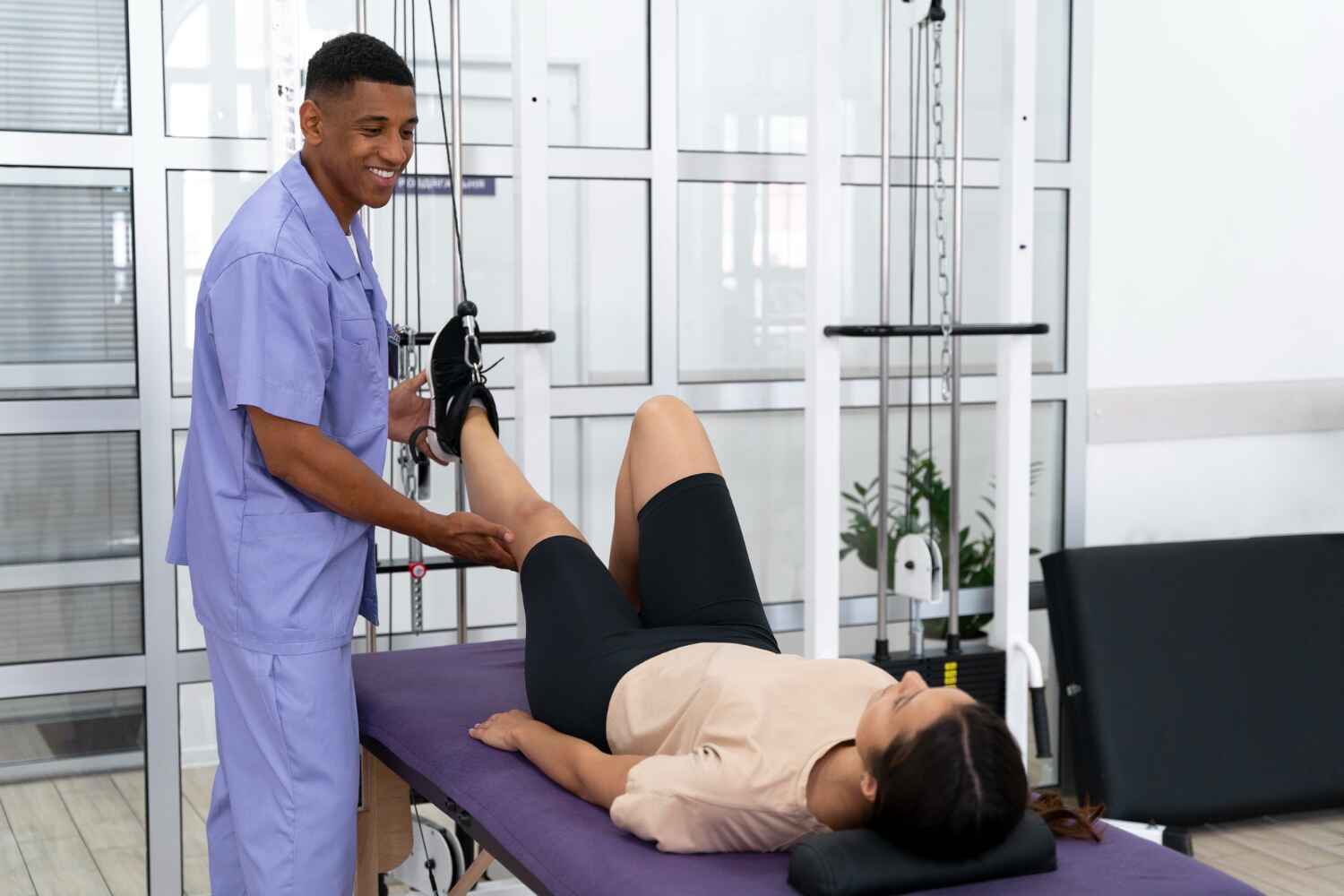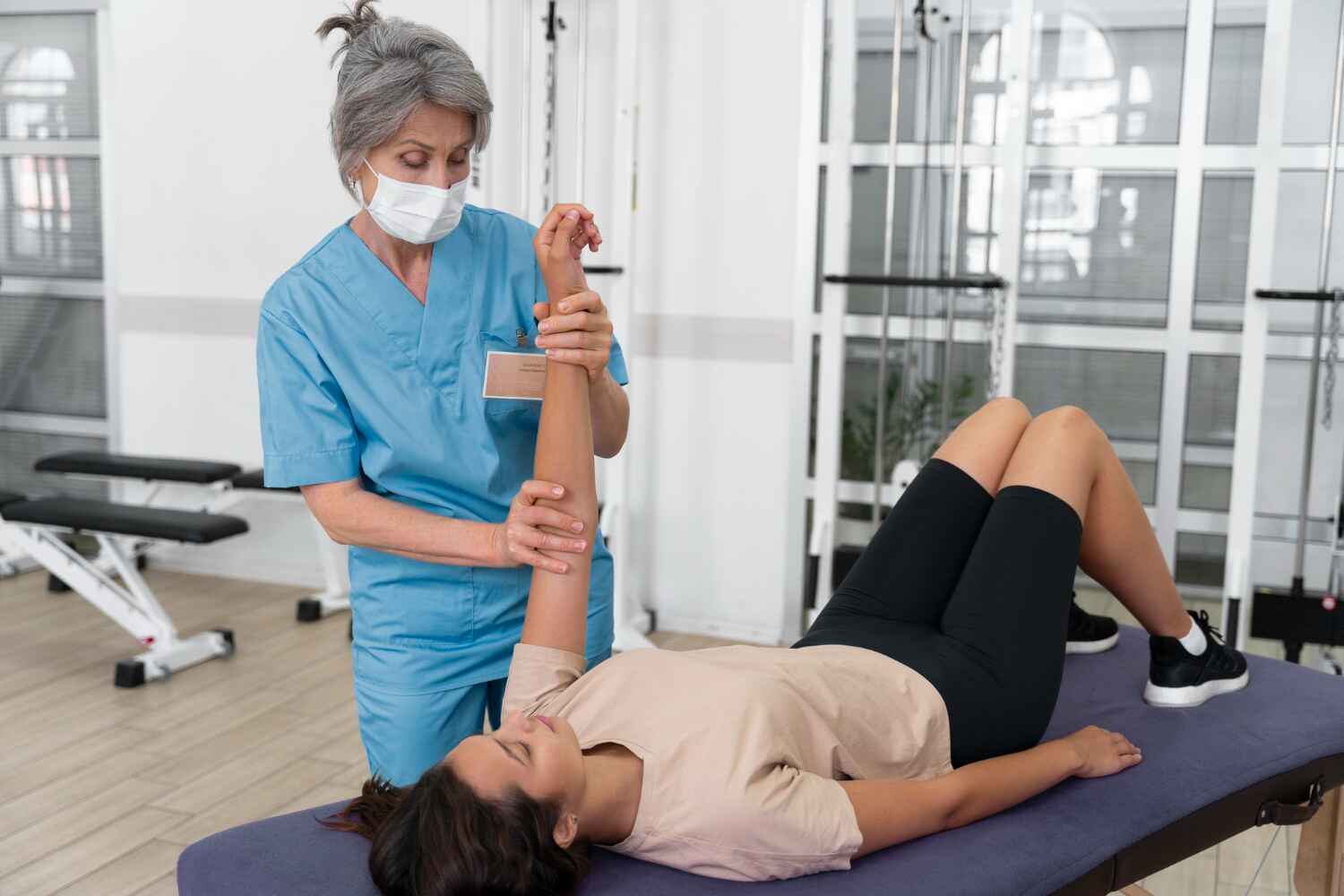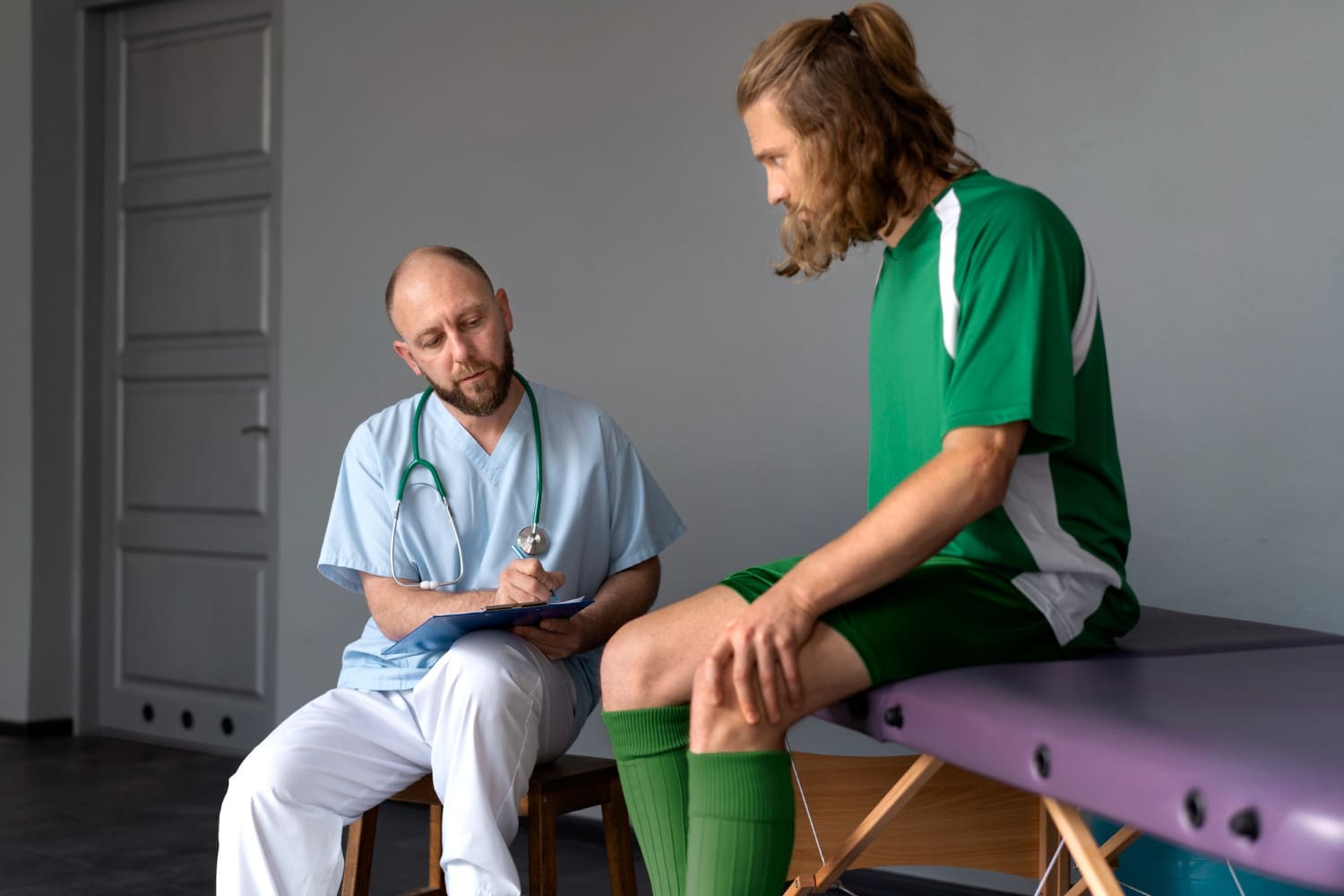
Women’s health encompasses many factors, including orthopedic health, which is often overlooked. Orthopedics deals with the musculoskeletal system, which is vital for daily functioning and mobility. However, orthopedic conditions in females present unique challenges and considerations that require specialized attention. In this article, we delve into the intricacies of women’s musculoskeletal health, exploring orthopedic conditions, treatments, and the importance of proactive care.
Special Considerations in Women’s Orthopedic Care
The presentation of orthopedic conditions often differs between genders, with women frequently experiencing distinct symptoms and progression patterns. Furthermore, gender-specific risk factors such as anatomical differences, hormonal fluctuations, and societal norms play pivotal roles in shaping women’s orthopedic health. It’s imperative to recognize and address these nuances to deliver effective and inclusive orthopedic care.
Orthopedic Conditions in Females
Women are susceptible to a range of orthopedic conditions due to biological, hormonal, and lifestyle factors. Osteoporosis, for instance, affects women disproportionately due to hormonal changes during menopause, leading to bone density loss and increased fracture risk. Additionally, conditions like osteoarthritis, rheumatoid arthritis, and stress fractures are prevalent among women, often influenced by genetics, activity levels, and hormonal fluctuations.
Musculoskeletal Health and Women
Maintaining optimal musculoskeletal health is crucial for women’s overall well-being and quality of life. Regular exercise, a balanced diet rich in calcium and vitamin D, and lifestyle modifications can help prevent orthopedic issues. However, factors such as pregnancy, menopause, and hormonal fluctuations pose unique challenges, impacting bone density, joint health, and ligament strength.
Physical Therapy for Women
Physical therapy plays a pivotal role in managing orthopedic conditions in women. Tailored exercise programs, manual therapy, and modalities like ultrasound and electrical stimulation help alleviate pain, improve mobility, and enhance functional abilities. Physical therapists specializing in women’s health address specific concerns such as pelvic floor dysfunction, prenatal/postpartum care, and musculoskeletal pain associated with hormonal changes.
Orthopedic Surgery and Women
In cases where conservative treatments fail to provide relief, orthopedic surgery may be necessary. Women undergoing orthopedic surgery require specialized care considering anatomical differences, bone density concerns, and potential hormonal influences on healing. Procedures such as joint replacement, fracture repair, and ligament reconstruction are performed with precision to optimize outcomes and minimize risks.
Pregnancy and Orthopedic Health
Pregnancy heralds a distinct chapter in a woman’s orthopedic journey, marked by profound physiological changes and increased susceptibility to certain orthopedic issues. From pelvic girdle pain to carpal tunnel syndrome, expectant mothers encounter a myriad of musculoskeletal challenges. Navigating these concerns with care and guidance is crucial to ensure the well-being of both mother and child.
Preventive Strategies and Lifestyle Modifications
Empowering women with preventive strategies and lifestyle modifications is key to fostering lifelong orthopedic health. Incorporating regular exercise routines, adopting balanced diets rich in calcium and vitamin D, and scheduling routine bone density screenings are proactive measures to safeguard against orthopedic ailments. Furthermore, promoting awareness of ergonomic practices and injury prevention techniques can mitigate the risk of musculoskeletal injuries in daily life.
1. Exercise Regularly: Engaging in regular physical activity is essential for maintaining strong muscles and healthy joints. Weight-bearing exercises like walking, running, and strength training help improve bone density and reduce the risk of osteoporosis. Aim for at least 150 minutes of moderate-intensity exercise per week.
2. Maintain a Healthy Weight: Carrying excess weight places additional stress on the joints, particularly in the hips, knees, and spine. Maintaining a healthy weight through a balanced diet and regular exercise can help prevent orthopedic problems and reduce the risk of osteoarthritis.
3. Practice Good Posture: Proper posture is vital for preventing back, neck, and shoulder pain. Whether sitting at a desk or standing, maintaining good posture reduces strain on the spine and supporting muscles. Ergonomic workstations can also help maintain correct posture.
4. Pay Attention to Ergonomics: Ensure that your workplace, whether at home or in an office, is ergonomically designed. Use an ergonomic chair and keyboard setup to minimize the risk of developing musculoskeletal issues from extended periods of sitting.
5. Wear Proper Footwear: Choose comfortable and supportive footwear that fits well. High heels and ill-fitting shoes can contribute to foot, ankle, and lower back problems. Supportive shoes with cushioning can help reduce the risk of these issues.
6. Avoid Overuse Injuries: Women who participate in sports or regular exercise should be mindful of overuse injuries, such as stress fractures and tendonitis. Gradually increase the intensity of your workouts and incorporate rest days to allow your body to recover.
7. Prioritize Bone Health: Ensure an adequate intake of calcium and vitamin D through a balanced diet or supplements if necessary. These nutrients are essential for maintaining strong bones and reducing the risk of osteoporosis.
8. Practice Joint Safety: Protect your joints during physical therapy, activities, and sports. Use proper techniques and equipment to reduce the risk of injury, and if you have any underlying joint conditions, consult a healthcare provider for guidance on exercise modifications.
OrthoMiami: Leaders in Women’s Orthopedic Care
At OrthoMiami, we understand the unique orthopedic needs of women and provide comprehensive care tailored to individual requirements. Our team of orthopedic specialists, physical therapists, and support staff are committed to improving women’s musculoskeletal health through advanced treatments and personalized attention.
Call us at 786-746-8060 to schedule your appointment and embark on your journey toward better orthopedic health. Whether you’re seeking preventive care, conservative management, or surgical intervention, OrthoMiami is here to support you every step.
Prioritize Your Well-being: Book Your Women’s Orthopedic Care Consultation Today!
Women’s health encompasses various facets, including orthopedic well-being, which demands specialized attention and care. By understanding the unique challenges and considerations associated with orthopedic conditions in females, we can promote proactive measures, effective treatments, and improved outcomes. With OrthoMiami’s expertise in women’s orthopedic care, individuals can regain mobility, alleviate pain, and enhance their overall quality of life. Take the first step towards optimal musculoskeletal health – schedule your appointment today.


